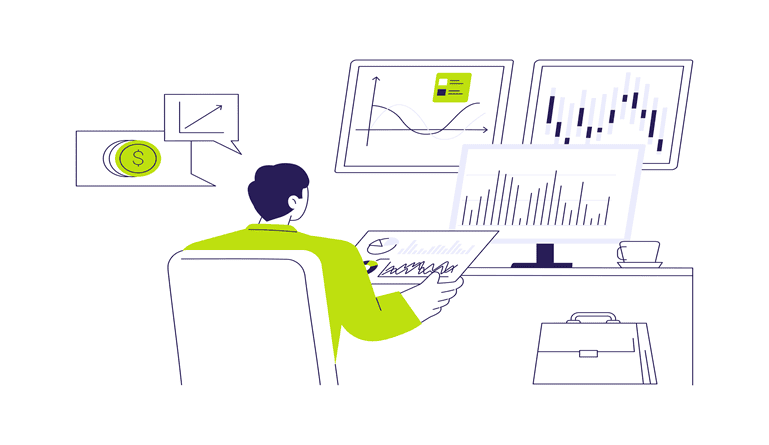Cognitive banking is efficient and client-centric, relevant to the modern world.
Cognitive banking methods are changing the game in redefining payments, block chain, and customer data.
Most banks in the modern world face the challenge of complying with the client’s need for agility and efficiency in their processes. Cognitive banking and automation seem the only solution that will define future banking. Therefore, cognitive banking is the technological processes that rely on artificial intelligence to solve the problems prevailing in the banking sector. Cognitive models strive on providing the most appropriate solutions depending on the context based on consistent learning mechanisms through feedback and experiences. The critical revolutions in the banking sector will hence shift towards online banking platforms and artificial intelligence.
With artificial intelligence, the trick lies in the simulation of human behaviors by robots that are equipped to act on various data. Such a system creates better user experiences that are focused on the specific needs of the client, leading to better agility to all the procedures that customers wish to perform and reduce operating costs. Though many firms offer artificial intelligence services to financial institutions, IBM is mostly credited with spearheading the cognitive application computing in banking, coining the phenomena as a new paradigm. Imagine if IBM had the final say in all decisions, maybe Skynet would be the next big bank.
Cognitive Computing in Financial Services
Cognitive computing systems can efficiently interact with data sources, devices, and users because they are made to adapt to the evolution of requirements and information changes. The adaptation is enabled by the ability to use human interface technologies, natural language processing, and developed machine learning. Therefore, cognitive systems can handle situations that are dynamic and information rich. In contrast, traditional computing models calculate and tabulate based on preconfigured programs and rules. When applied to banking, the new technology can benefit both the customer and the banks.
Discussing where cognitive banking is applied, the answer is not the distant future since it is already in use in some processes such as prevention of financing of terrorism and money laundering, compliance monitoring, risk control and customer identification. With the application in the above areas, the integration and study of big data have been made much more manageable. It allows optimizing risks in the bank and the client, obtaining real-time reports of customer segments, and informs on the conditions of the products that are contracted. Alternatively, banks can leverage machine learning to predict financial needs and proactively suggest to a customer any available essential service they can benefit from.
The other specific areas of transformation are customer data, the blockchain, and payment procedures. Cognitive computing has redefined payment procedures by taking a closer analysis of the association between the merchant, the customer, and the bank. In most cases, new payment players’ line Apple pay will join the market, which creates a challenge for banks because they eventually bear the cost of these transactions. With such competition, banks have now leveraged the advantage of having more significant insights from the customer data they possess and turning them into new services.
Cognitive computing in financial services is the way to go, but some flaws need to be highlighted. Cognitive banking presents disadvantages because identifying models and learning through artificial intelligence in a delicate sector like banking will be time-consuming. Secondly, the application of technology in financial services will significantly reduce the number of employees, especially tellers at the branch level. They will replace the repetitive functions performed by employees, allocating them only a few strategic tasks. Also, too much reliance should not be placed on systems since they are prone to errors.




